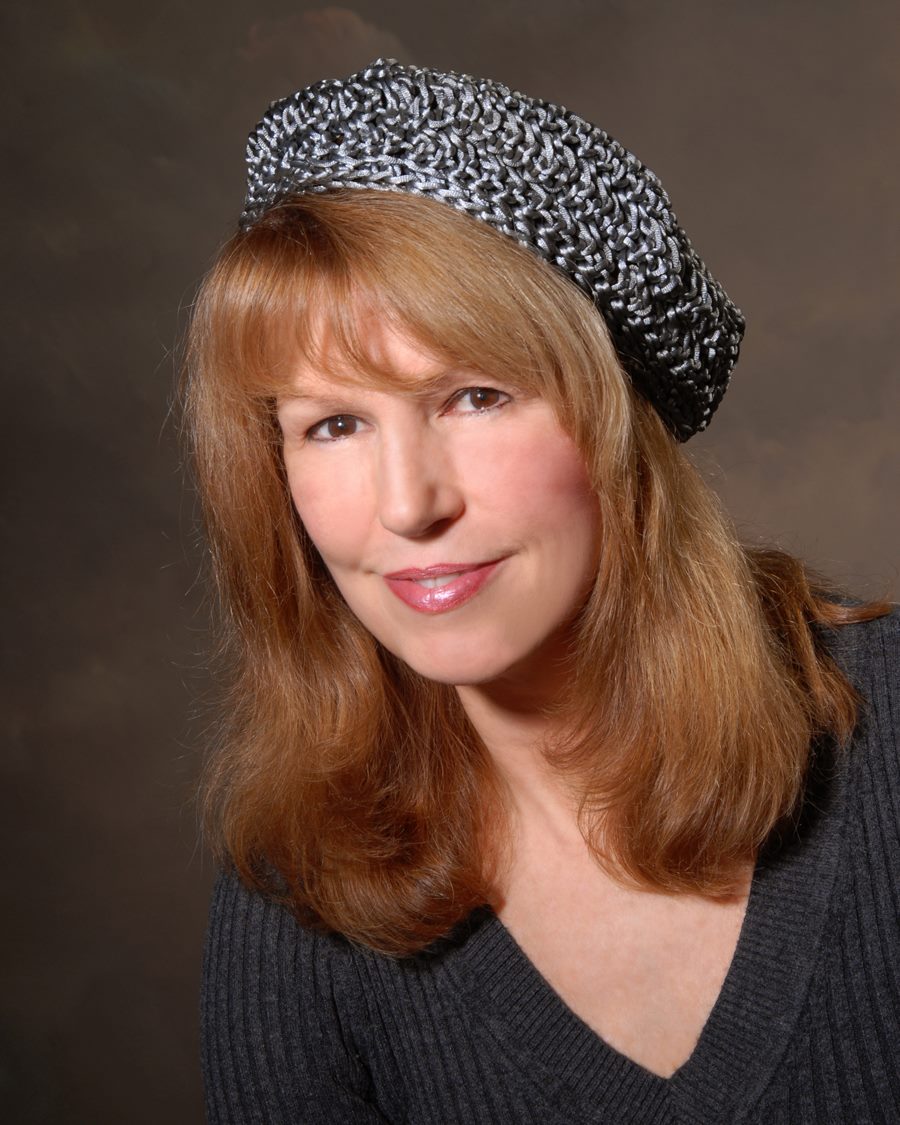Ellen Poulsen
Ellen Poulsen
 John Dillinger has been a life-long interest. In 1963, my father, a New York City Police officer, purchased John Toland's The Dillinger Days. That classic work sat on the coffee table alongside NYPD literature such as Spring 3100 and New York's 13 Most Wanted.
John Dillinger has been a life-long interest. In 1963, my father, a New York City Police officer, purchased John Toland's The Dillinger Days. That classic work sat on the coffee table alongside NYPD literature such as Spring 3100 and New York's 13 Most Wanted.
In 1985, I located the published works on Dillinger, a challenging task in the days before on-line search engines. The existing books were out of print. While noteworthy, they had bypassed the women's experience in an effort to adequately cover the male gangsters of the Midwest Crime Wave.
Preliminary research convinced me that the Justice Department's Bureau of Investigation, led by J. Edgar Hoover, had written the gang women off as latter day biblical harlots. This character assumption intensified in the years following the era, as Hoover continued to vilify these women as they sought entry back into society through applications for parole. The resulting parody and stereotype took root through the treatment of the "gun moll" in media. In the decades that followed, the historical validity of women like Evelyn Frechette, Helen Gillis and Mary Kinder, was lost.
Disturbed by these distortions, yet encouraged by the growing trend in women's history awareness, I visited the sites of the Dillinger story. I was honored to meet Joe Pinkston, now deceased, the curator of the John Dillinger Historical Museum and author of the distinguished book on the subject, "John Dillinger: A Short and Violent Life." Through correspondence with Joe Pinkston, I met the Dillinger historians who would become my life-long friends. William J. "Bill" Helmer, who has written the Foreword of "Don't Call Us Molls," was the host and general rabble-rouser at parties in the vicinity of the Biograph Theater in Chicago in the late 1980s. These events had a serious historical agenda: they brought the "Dillinger people" together in an exciting revival which continues to pick up speed today. I am fortunate to be able to communicate with my Dillinger friends, some of whom I have known for over thirty years.
I have interviewed descendants of these colorful "public enemies," and had riveting conversations with eyewitness survivors of these events. On the road I have built a network that continues to expand toward collectors, booksellers and other researchers.
I've traveled to Washington D.C. and College Park, Maryland to copy the Dillinger files there. I've read in the Reading Room of Washington's FBI headquarters, and have visited libraries in Lake Weir, Florida; and San Francisco, California.
My newspaper archive has been compiled through travel to Northwestern University, and the Indiana State Library, in addition to extensive interlibrary loan of microfilm. Today I am happy to subscribe to Newspapers.com -- and do find it easier than traveling and sifting through cold-search microfilm.
You can catch me on numerous documentaries as I have appeared on several shows dealing with the 1930s public enemy era. Spoiler alert: Some were bad hair days.
In addition, I have published a second book on the Dillinger saga. "Chasing Dillinger: Police Captain Matt Leach, J. Edgar Hoover and the Rivalry to Capture Public Enemy No. 1," co-authored with Dillinger researcher Lori Hyde, is the winner of the 2018 IPPY Independent Publishing Bronze Medal for True Crime. It is available where books are sold, and on the publisher's website, www.expositbooks.com. I have also written "The Case Against Lucky Luciano: New York's Most Sensational Vice Trial," winner of the 2008 IPPY Silver Medal for True Crime. This book also deals with the subject of gangland women of the 1930s and their involvement with dangerous underworld characters. Write to me at ellenpoulsen@aol.com.

